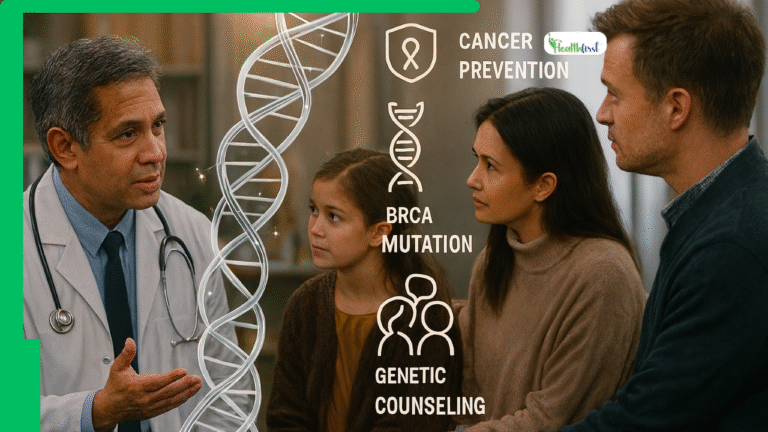Explore common myths and facts about genetic testing for cancer. Learn how results impact treatment, prevention, family risk, and the importance of genetic counseling for informed decisions...
Introduction Receiving a cancer diagnosis can be one of the most overwhelming experiences in a person’s life. The emotional impact is profound and multifaceted, often leading to feelings of...
Introduction Cancer is a condition that affects millions of people worldwide. One of the keys to effectively managing and treating cancer is early detection. Recognizing the early signs of cancer is...



